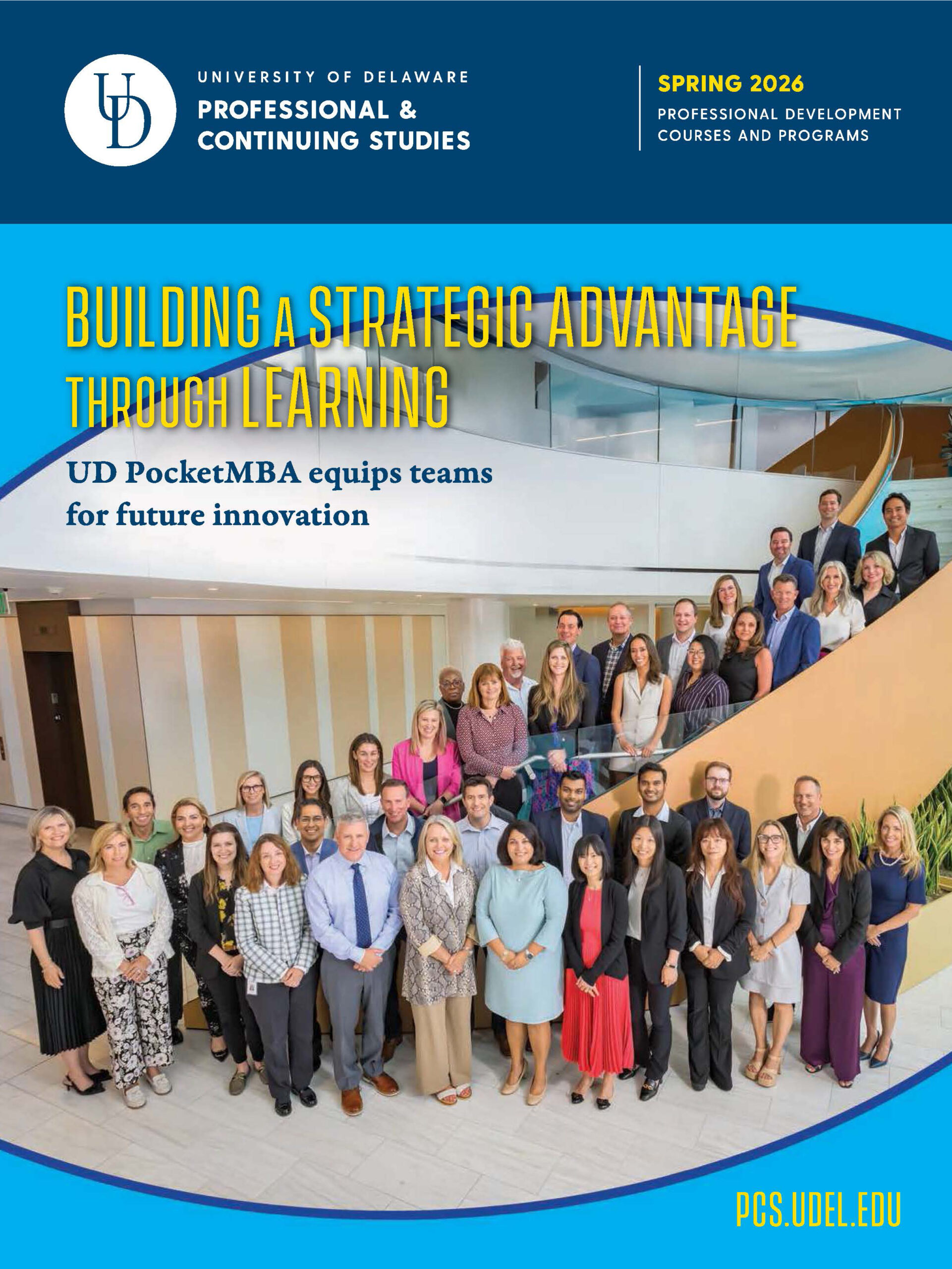
- Business Essentials Certificate (For credit program offered through online + classroom-based coursework)
- Peak Trust Management Certificate – Starts Feb. 9, 2026
- Project Management Certificate – Starts Feb. 4, 2026
- The Road Ahead: Navigating the Future of Autonomous Vehicles – Starts April 14, 2026


